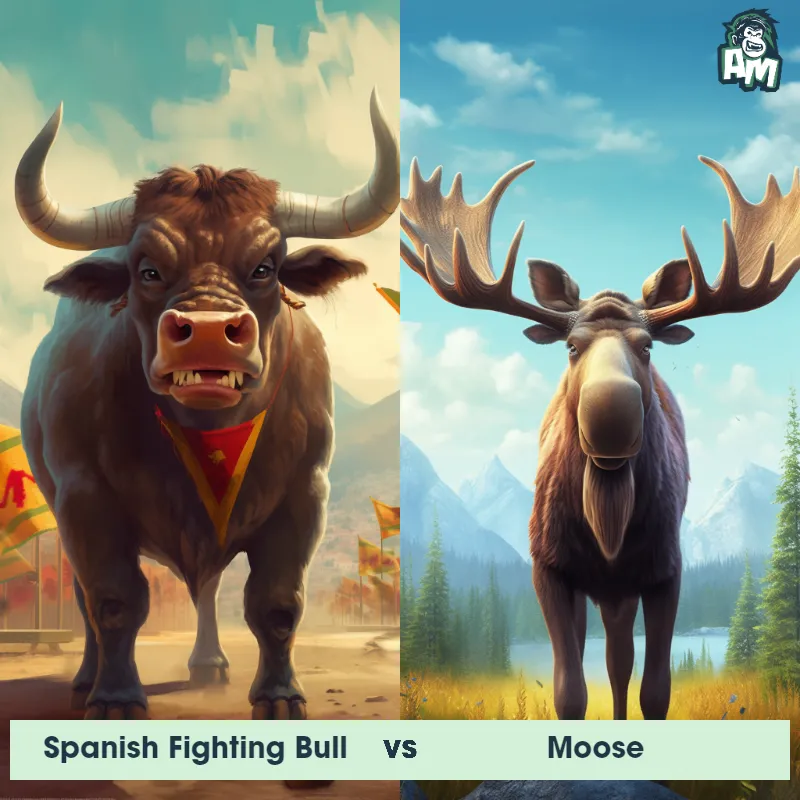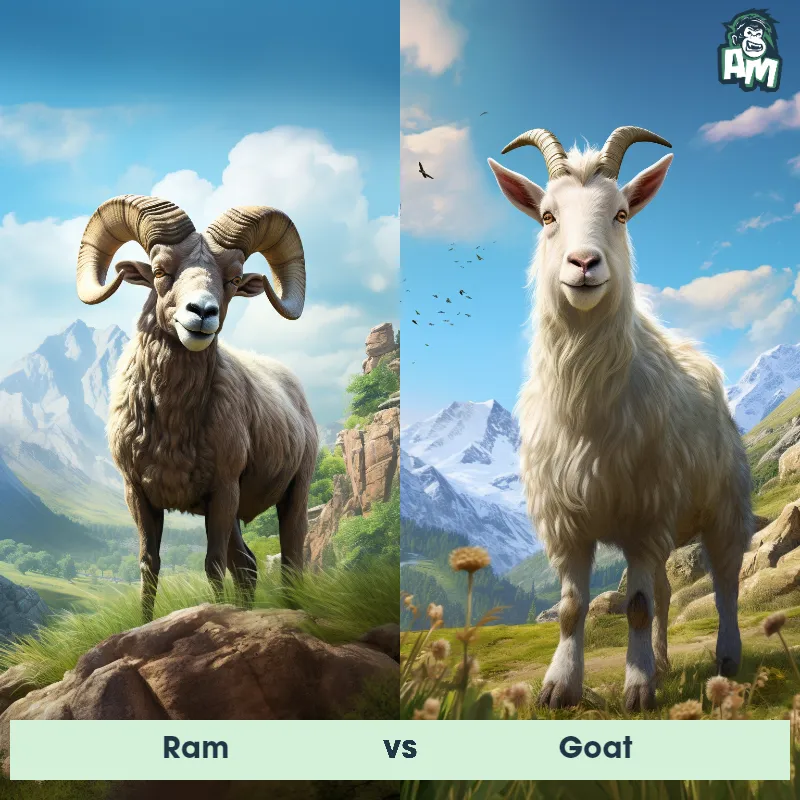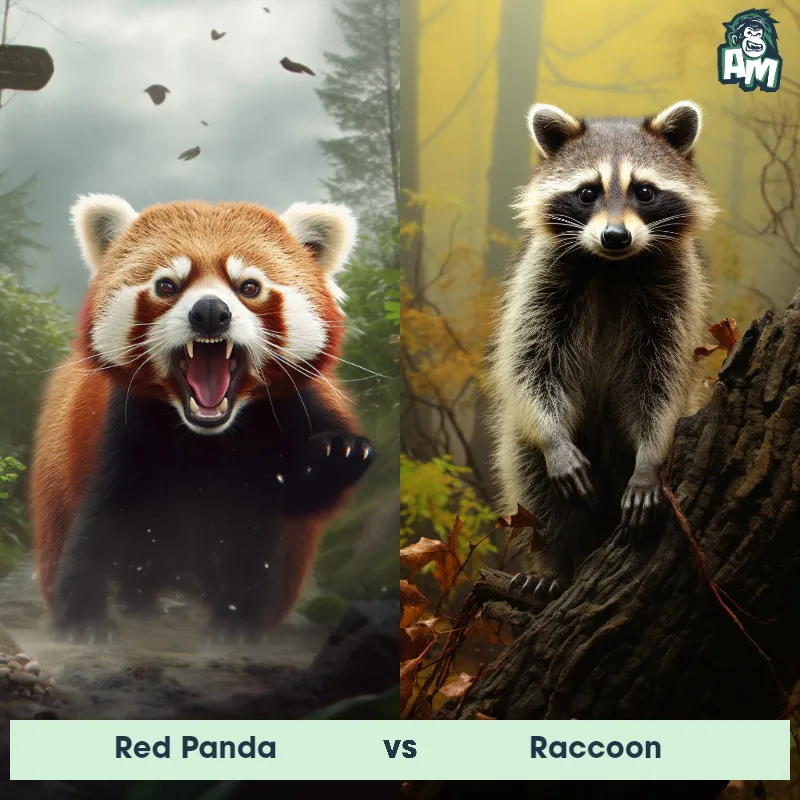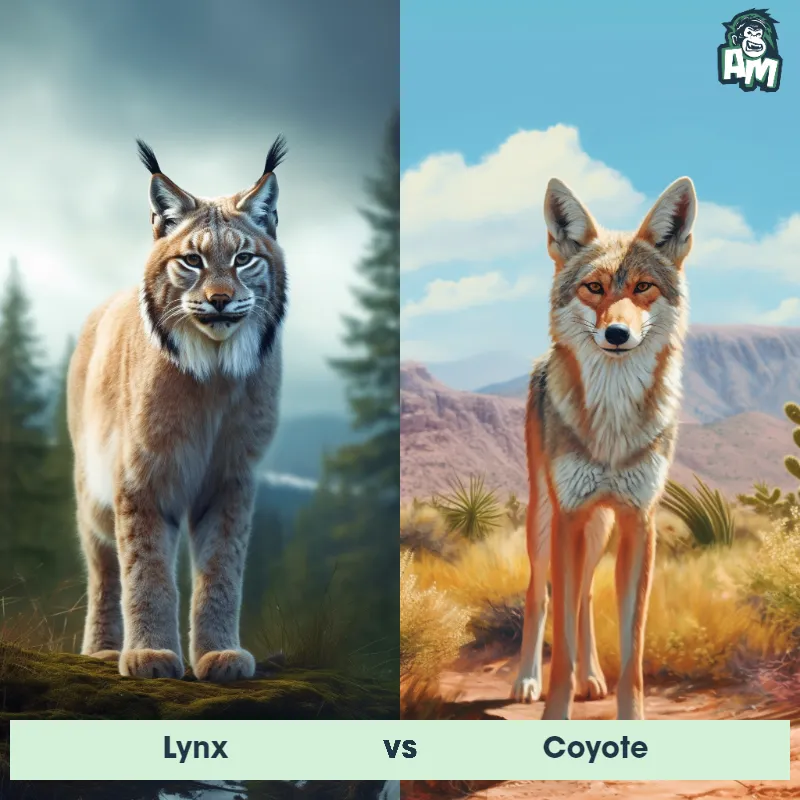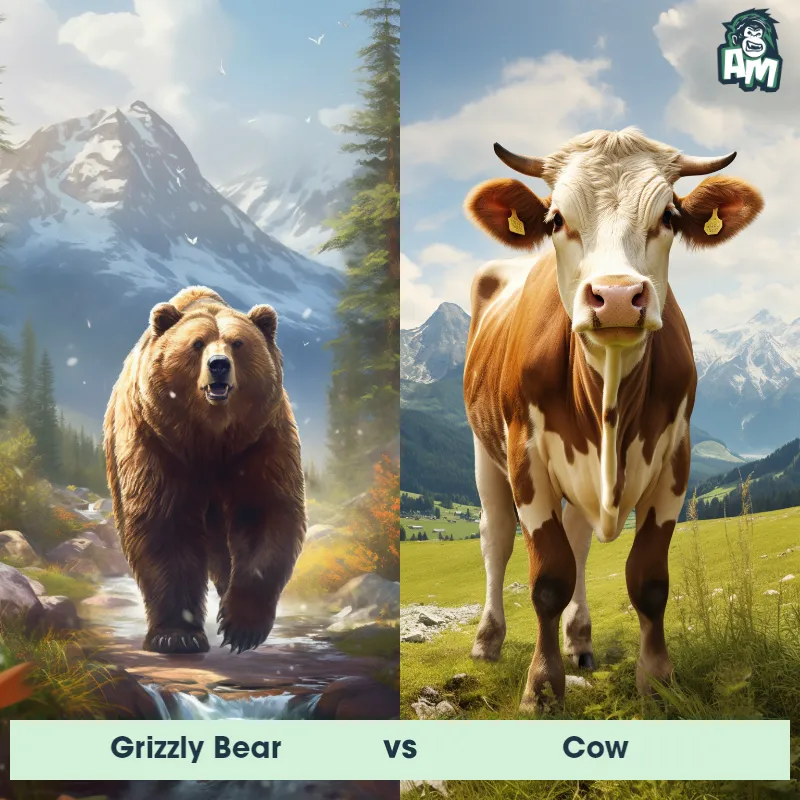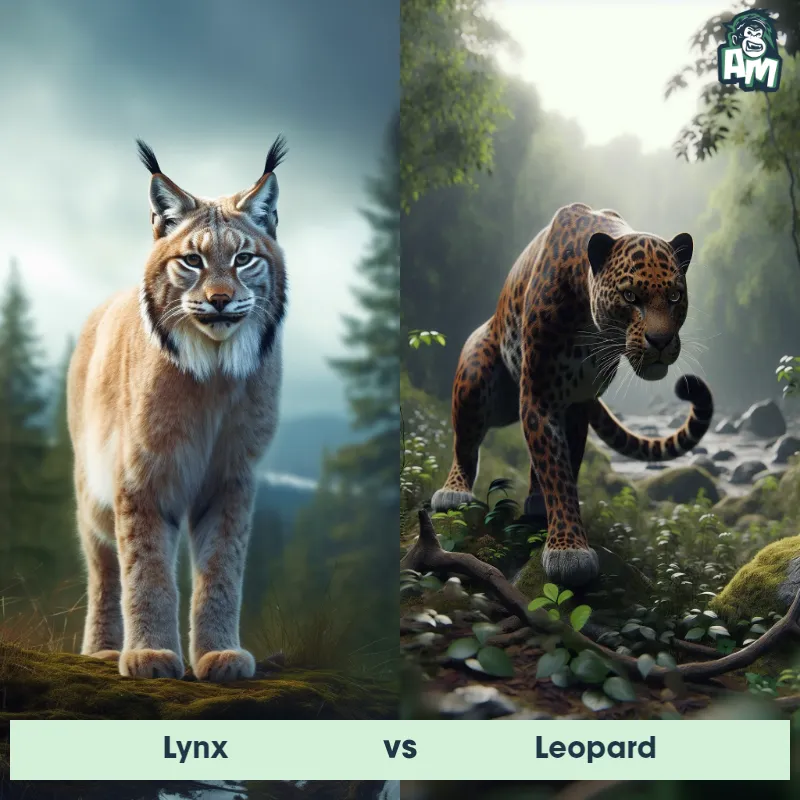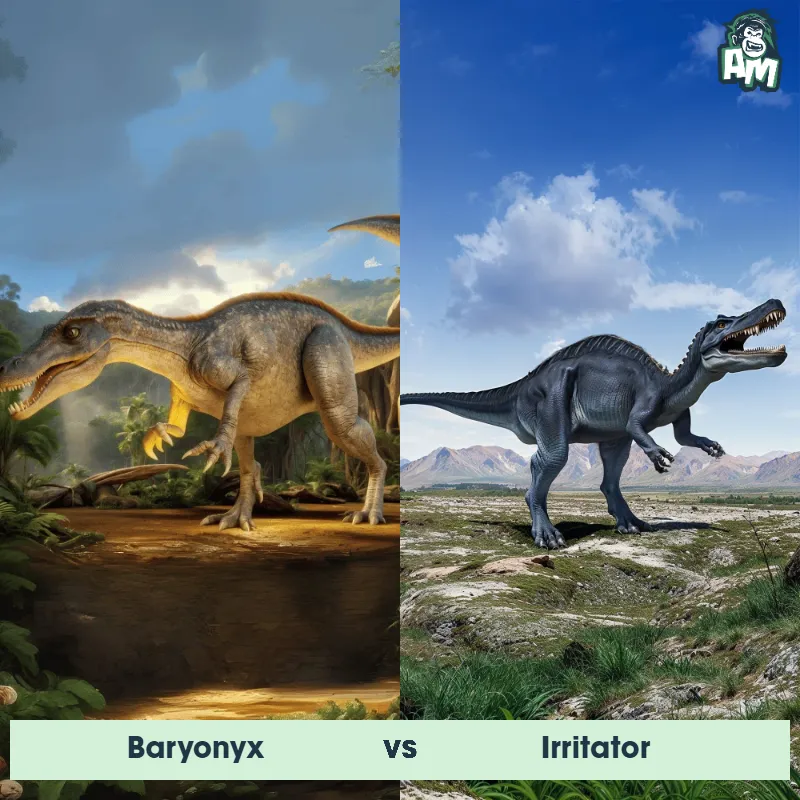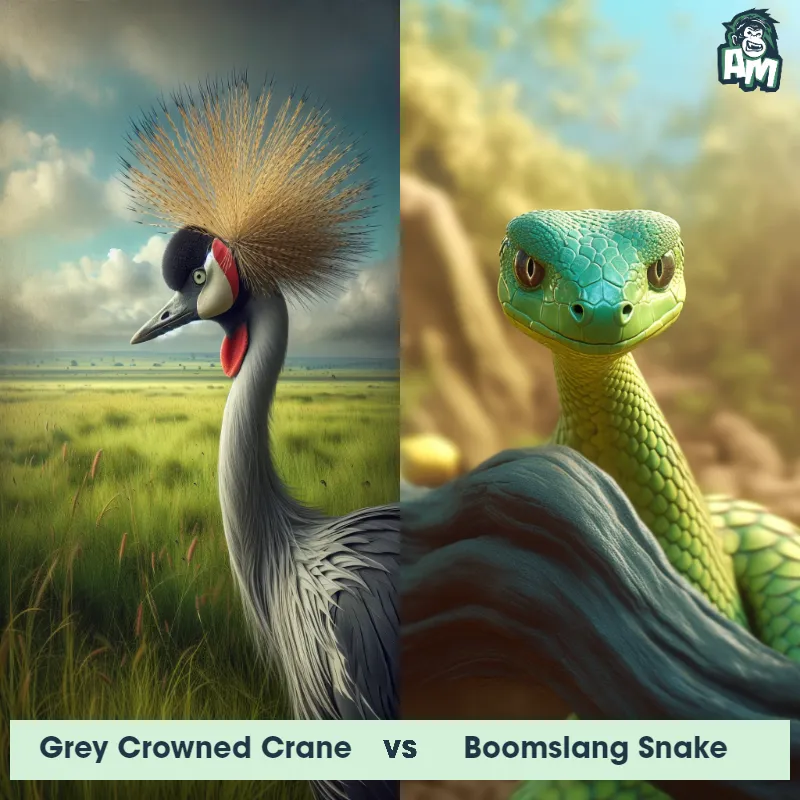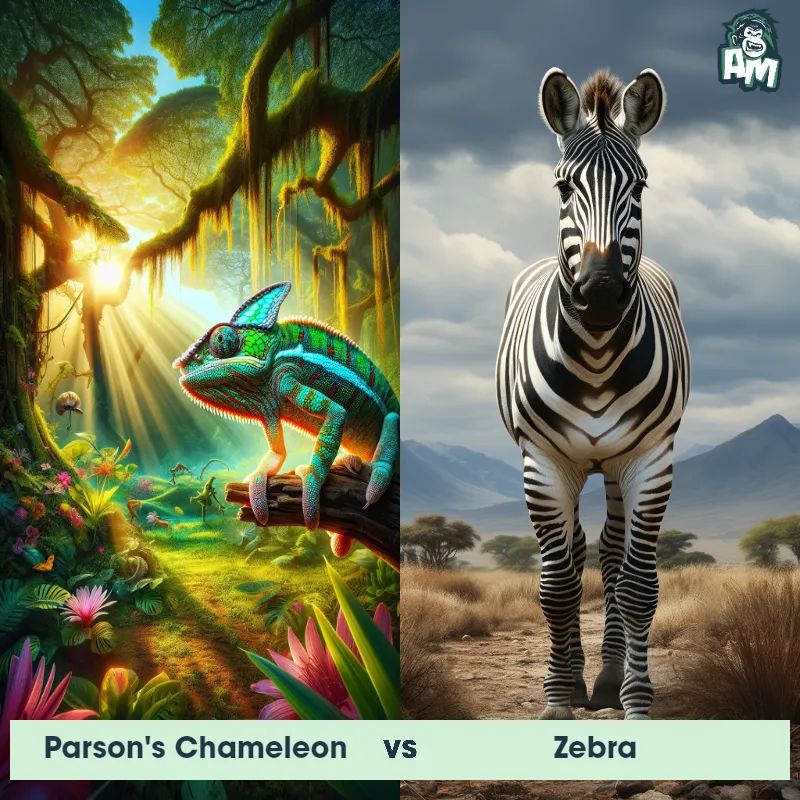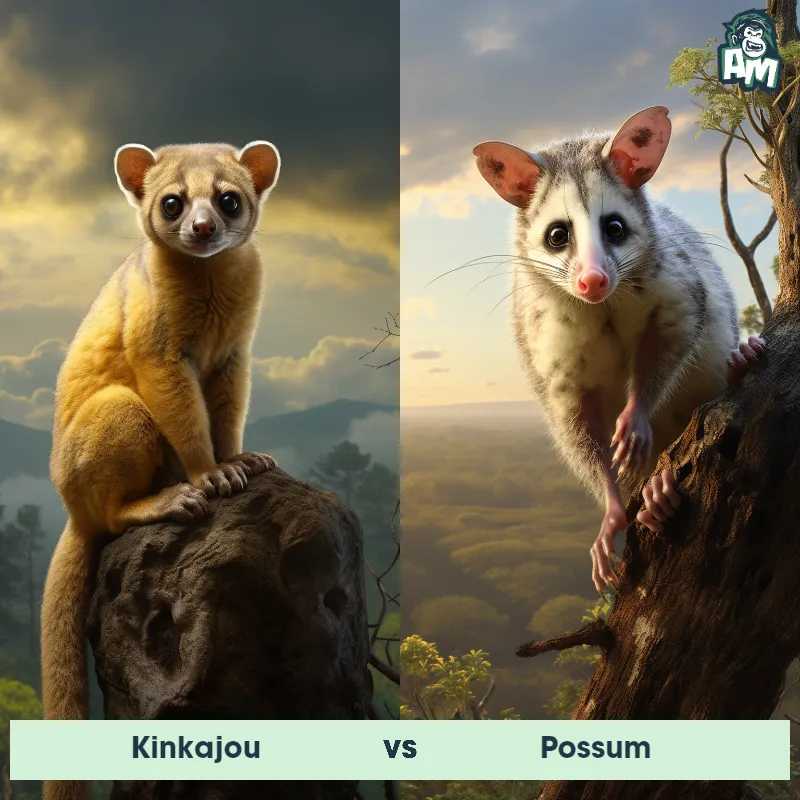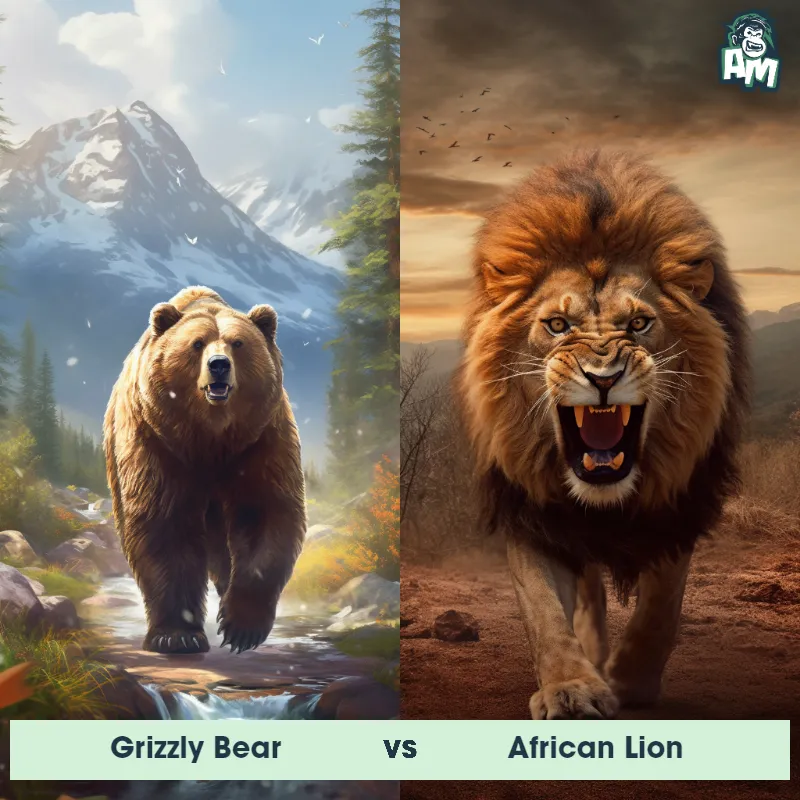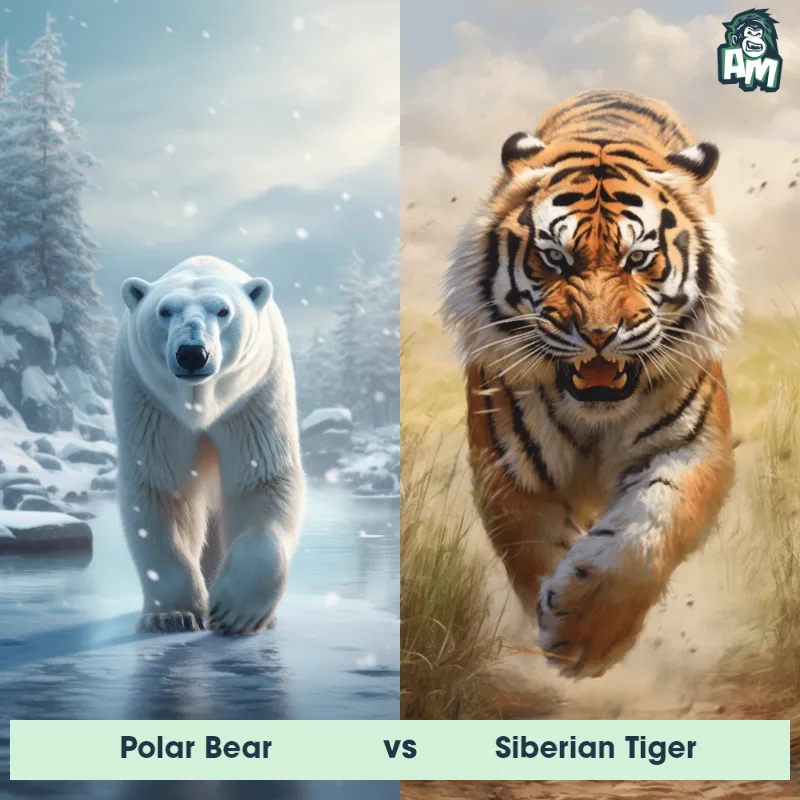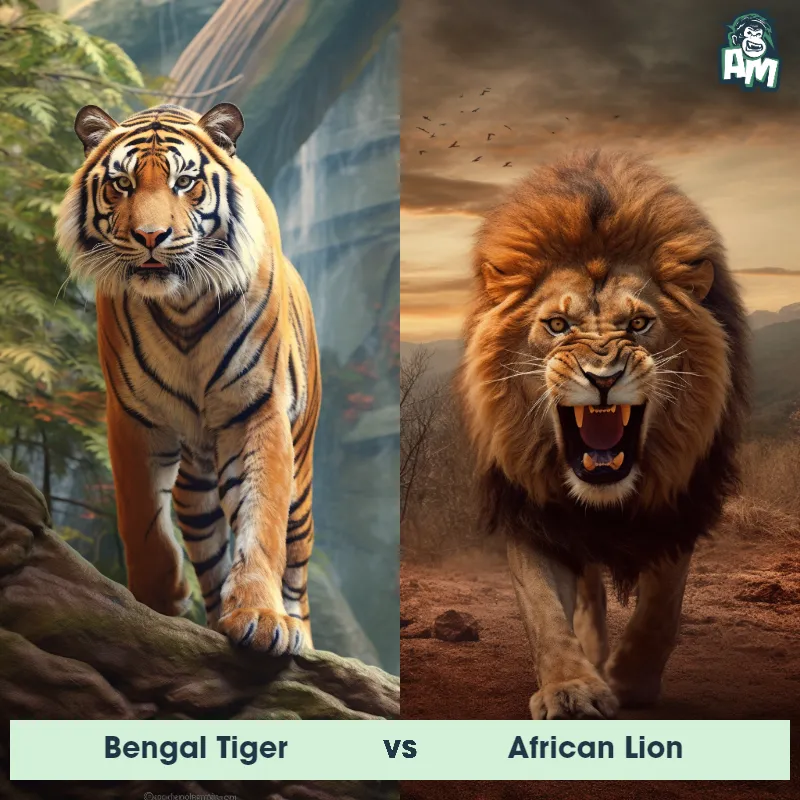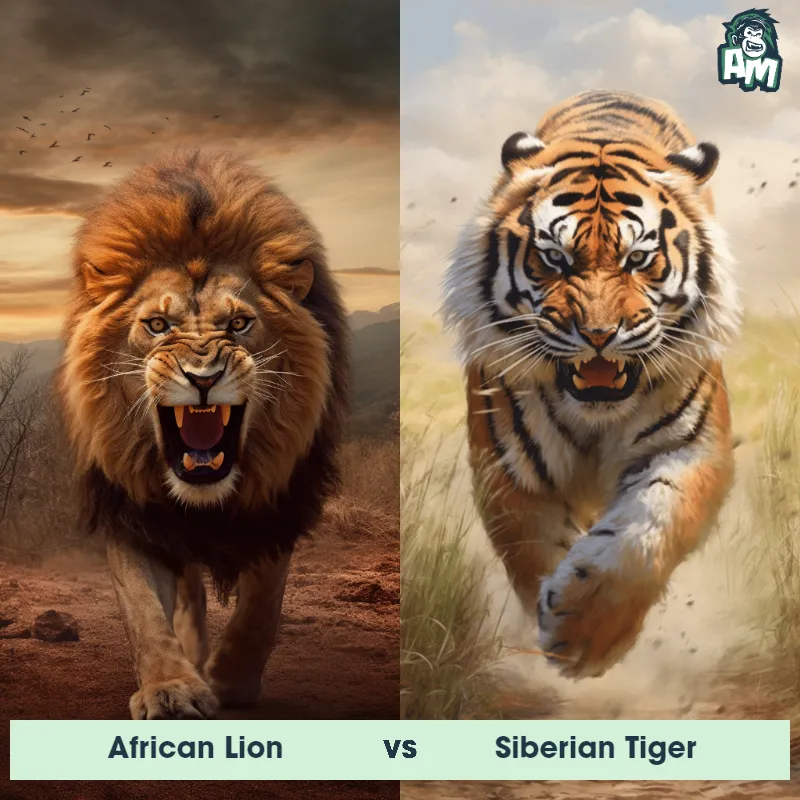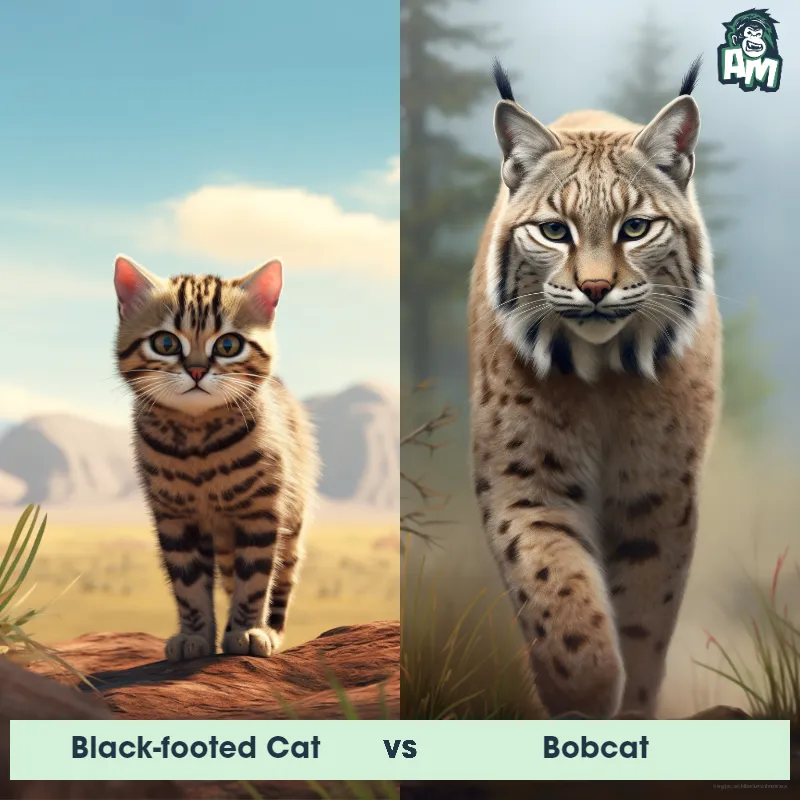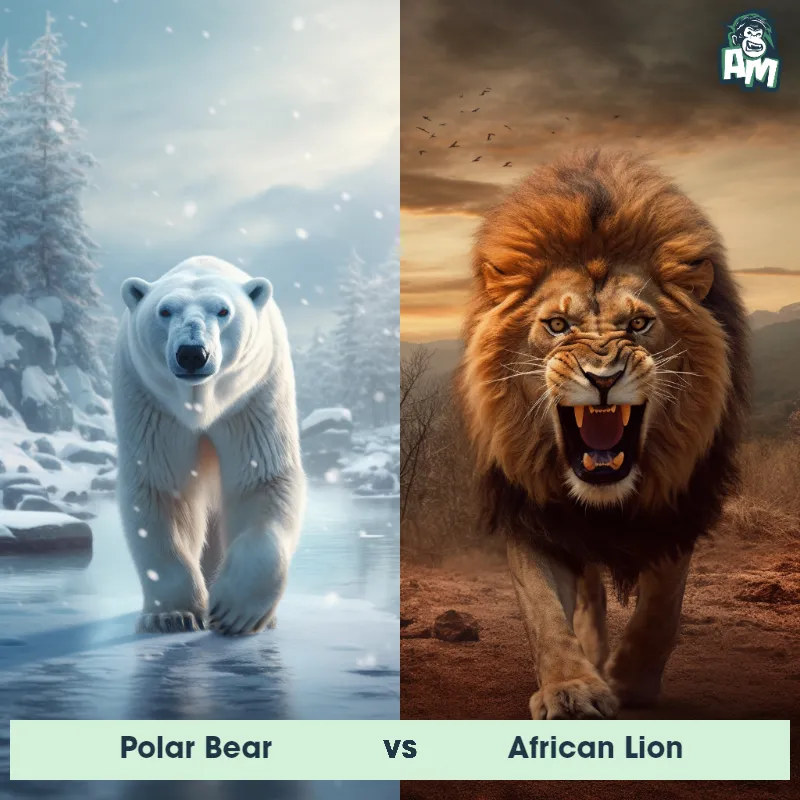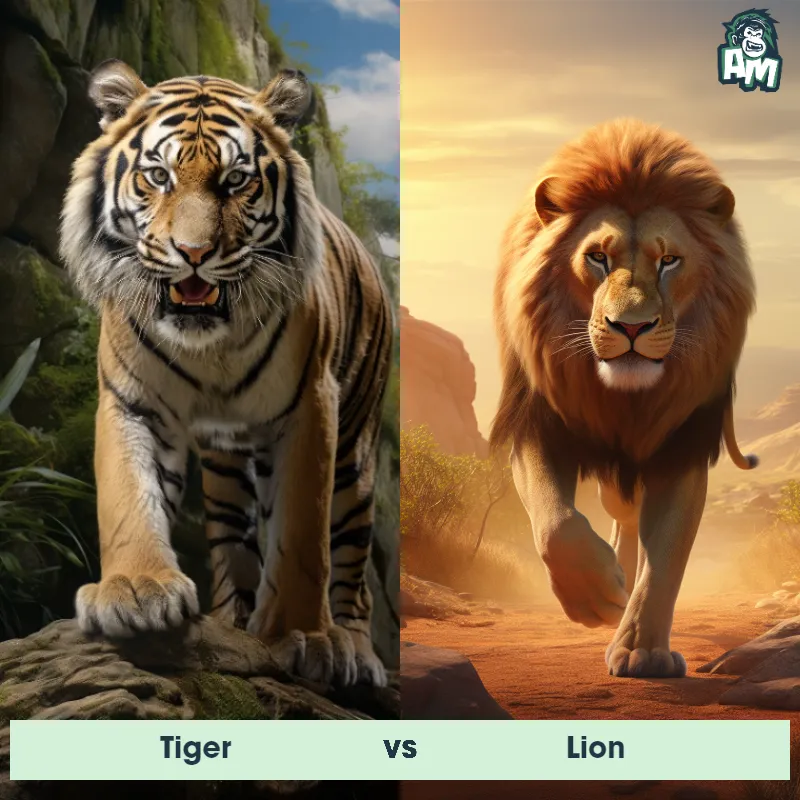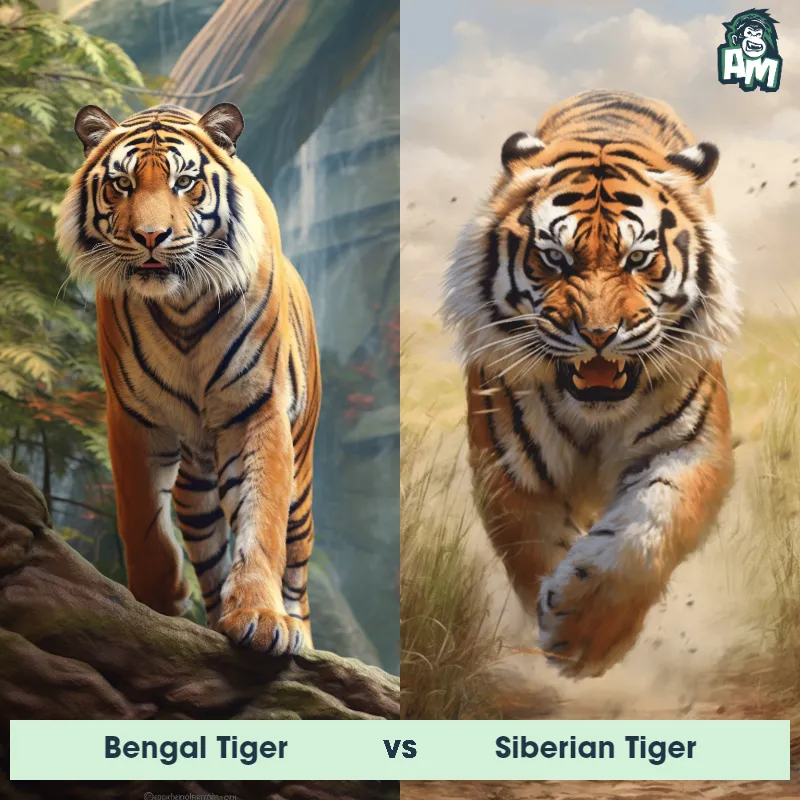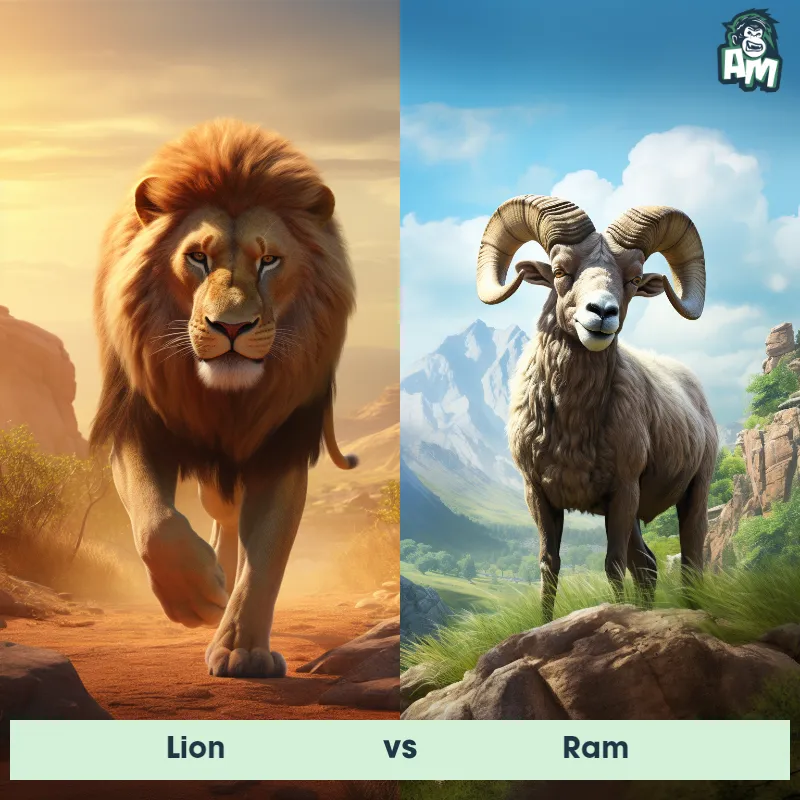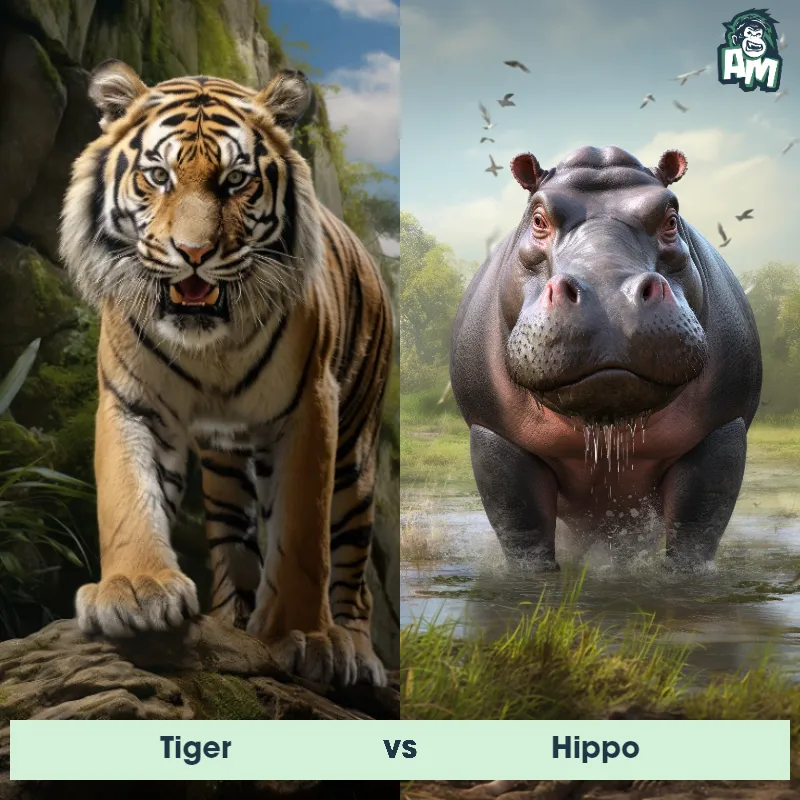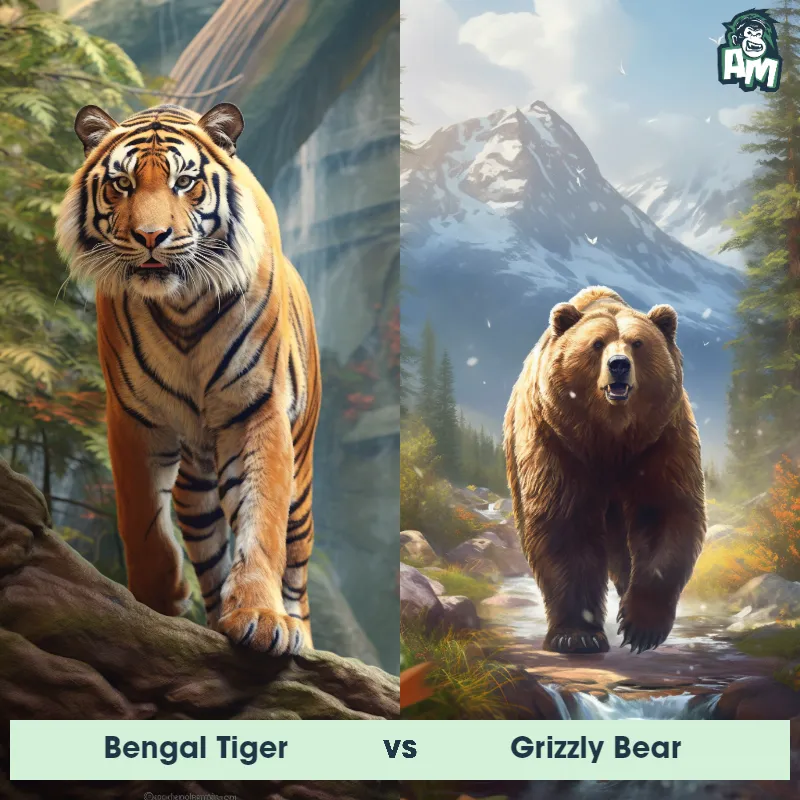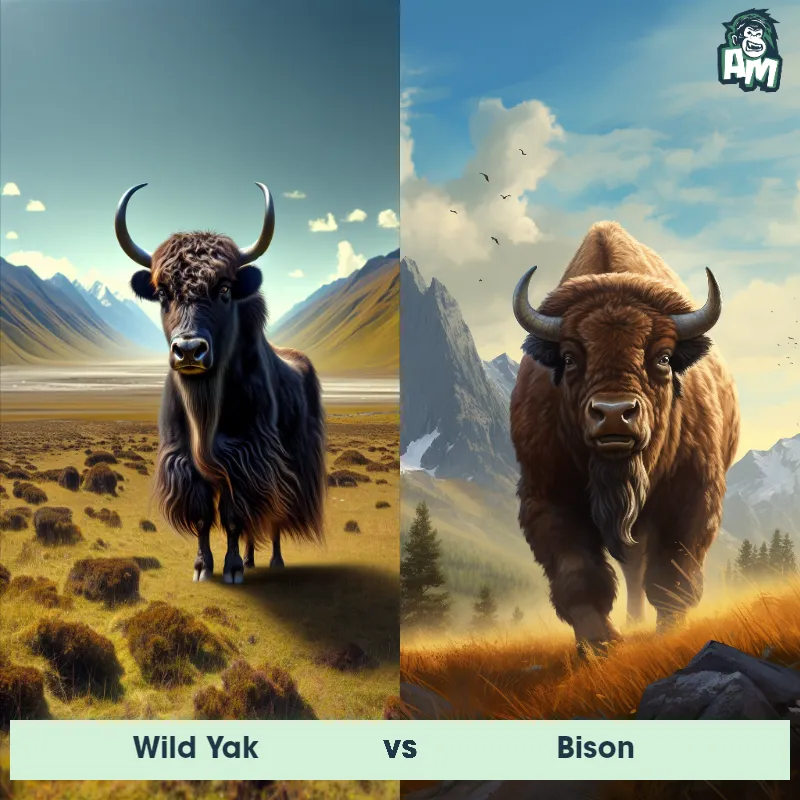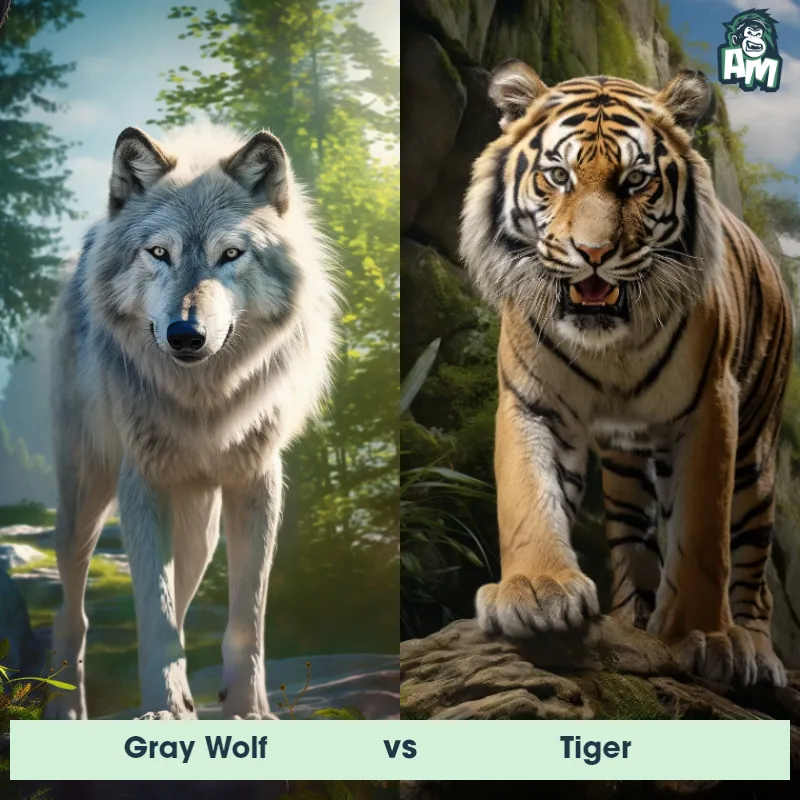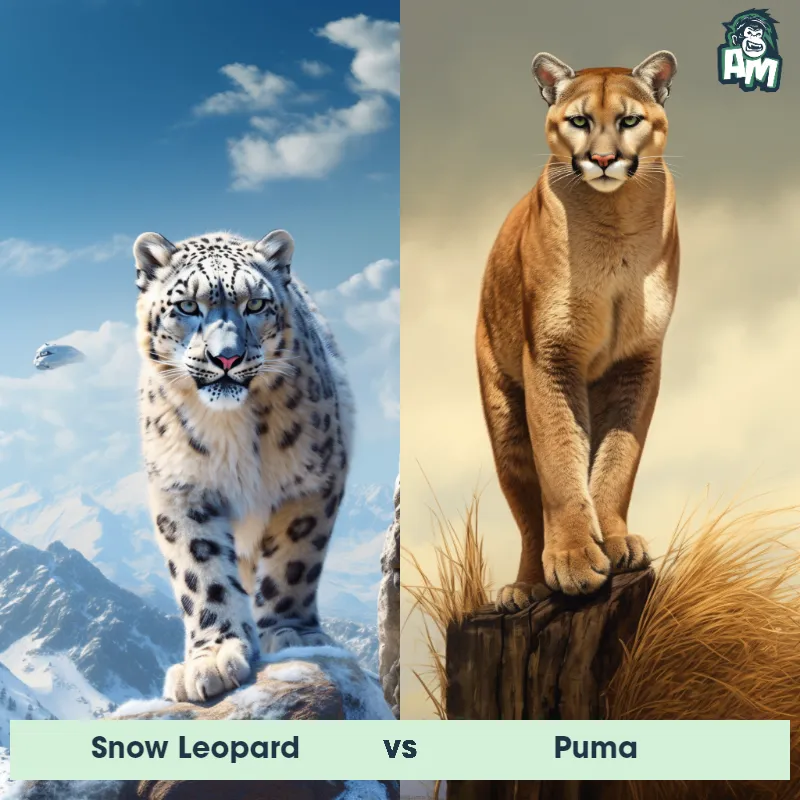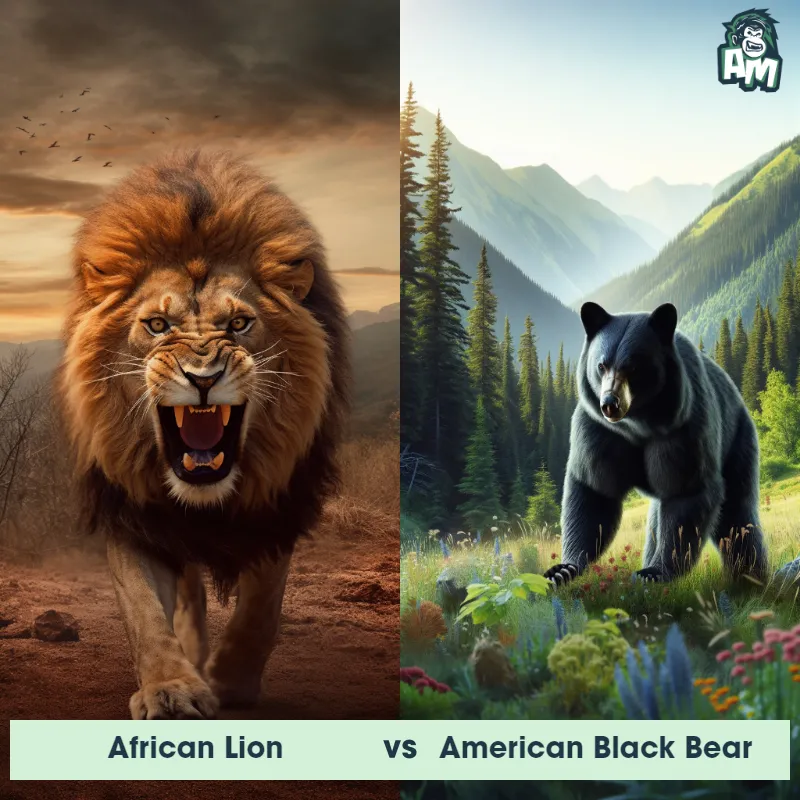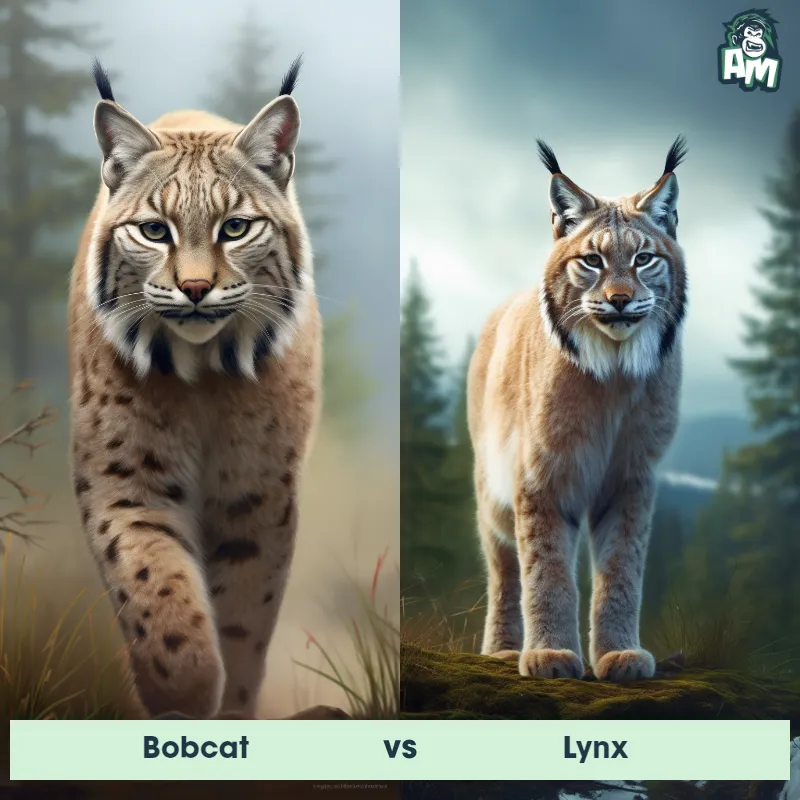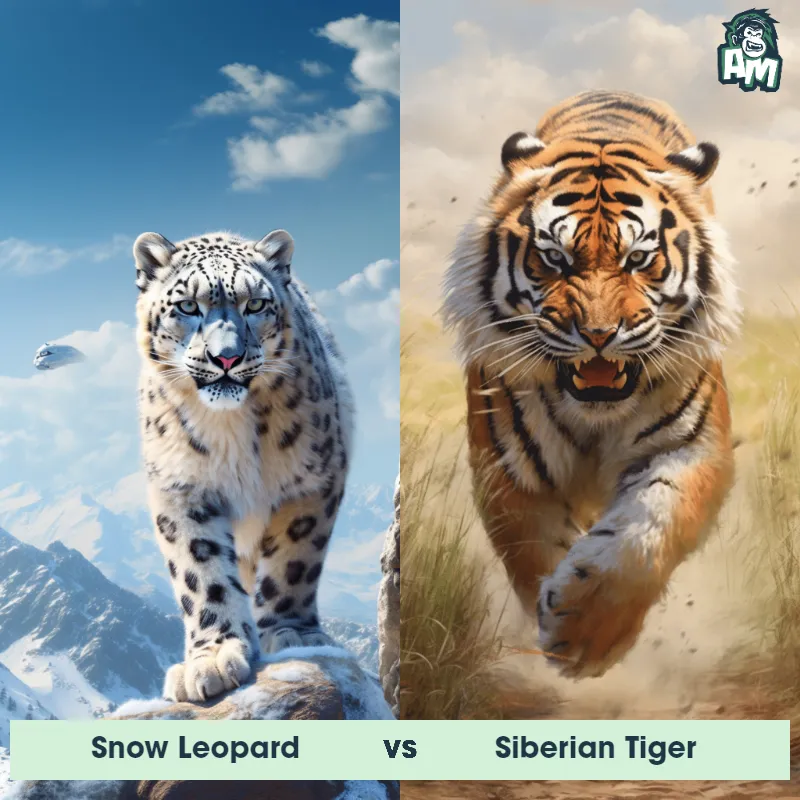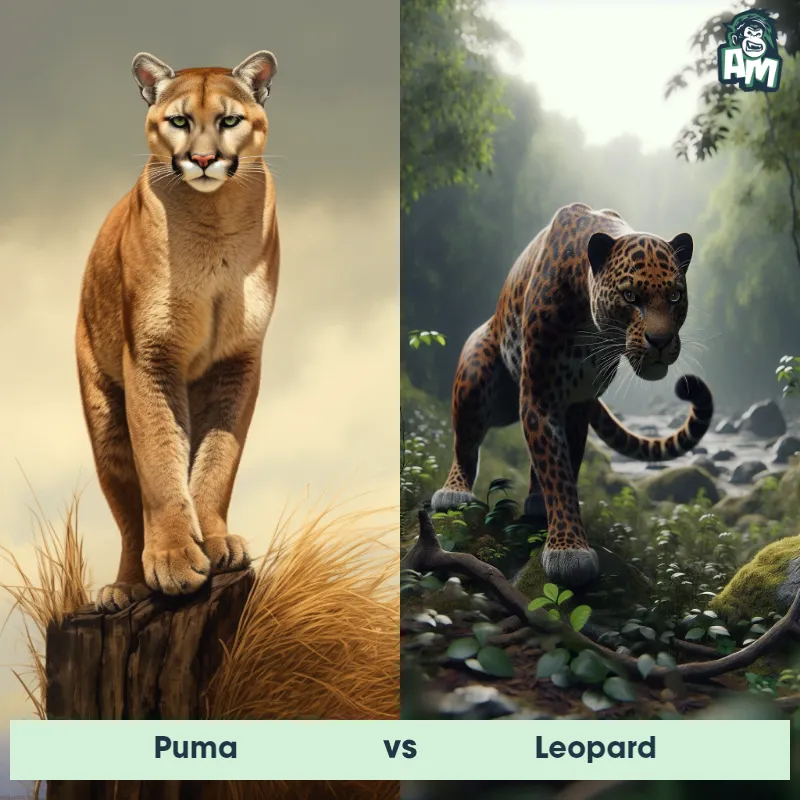Bengal Tiger vs MarkhorSee Who Wins
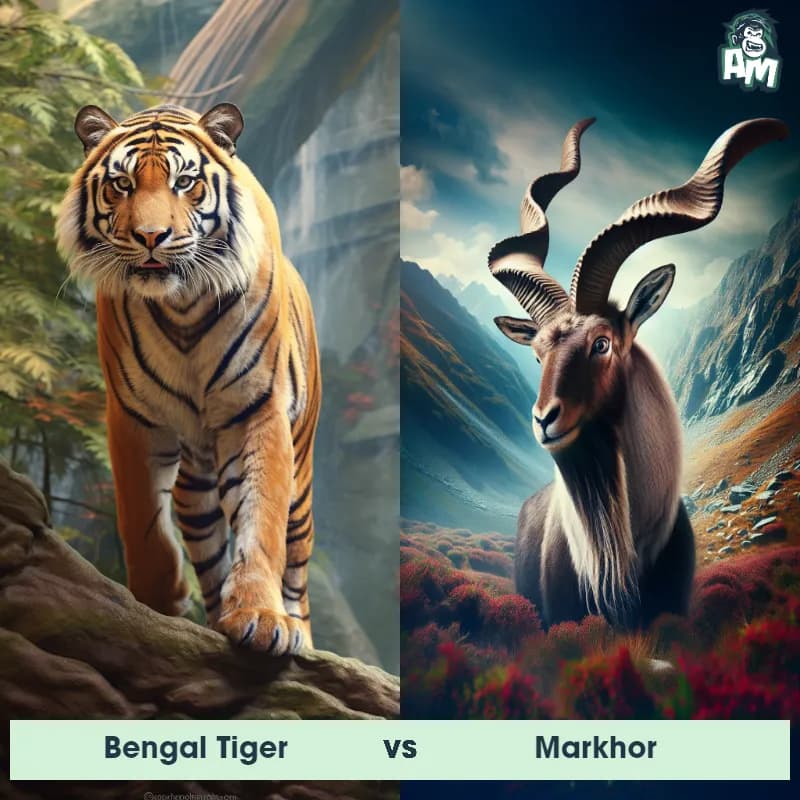
Ladies and gentlemen, welcome to an epic showdown here at the Animal Matchup Arena! We've got a thrilling contest for you today as two incredible creatures prepare to face off in a three-round battle. In the left corner, we have the majestic Bengal Tiger, known for its unrivaled strength and agility. And in the right corner, we have the formidable Markhor, a creature known for its impressive horns and superb climbing ability. It's going to be a clash of power and strategy, so let's dive right into the action!
Contender 1: Bengal Tiger
The Bengal Tiger, also known as the Royal Bengal Tiger, is a large and powerful carnivorous mammal native to the Indian subcontinent. They are known for their distinctive orange coat with black stripes, which helps them blend into their forest habitat. Bengal Tigers are apex predators and can weigh up to 500 pounds, with males being larger than females. They are solitary animals and are known for their strength, agility, and stealth.
Fun Fact: Bengal Tigers are excellent swimmers and are known to swim up to three miles at a time to hunt for prey.
Contender 2: Markhor
The Markhor, scientifically known as Capra falconeri, is a large species of wild goat native to the mountainous regions of Central Asia. These majestic animals are known for their impressive spiral horns that can grow up to 1.6 meters in length, making them one of the largest horned animals in the world. Markhors have a distinctive body shape, with a compact build and a short tail. They are typically covered in a thick, coarse coat that helps them withstand the harsh mountain climates. Their coloration varies depending on the habitat, ranging from light brown to dark gray. These sure-footed creatures are excellent climbers and can scale steep cliffs with remarkable agility. They primarily feed on grass, leaves, and shrubs, and are well adapted to survive in their rugged habitats.
Fun Fact: The Markhor is known for its incredible jumping ability and can easily leap over distances of up to 6 meters, making them agile and acrobatic even in the most challenging terrains.
Matchup Stats
| Bengal Tiger | Markhor | |
|---|---|---|
| Size | 3-3.5 feet (0.9-1.1 meters) at the shoulder | 1.6 meters (height) (metric: 160 centimeters) |
| Weight | Up to 500 pounds (227 kilograms) | 100 kilograms (metric: 220 pounds) |
| Speed | Speed: 35 mph (56.33 km/hr) | 35mph (56km/h) |
| Key Strength | Powerful jaws and sharp claws | Horns and agility |
| Biggest Weakness | Vulnerable to attacks on the neck and back | None specified |
Current Votes
Bengal Tiger vs Markhor
See Who Wins
View More Matches
Looking For More?
Similar Matches
Scientific Stats
| Bengal Tiger | Markhor | |
|---|---|---|
| Scientific Name | Panthera tigris tigris | Capra falconeri |
| Family | Felidae | Bovidae |
| Habitat | Forests, grasslands, and wetlands | Mountainous regions |
| Geography | Indian subcontinent, including India, Bangladesh, Bhutan, and Nepal | Central Asia |
| Diet | Carnivorous, primarily deer and wild boar | Grass, leaves, shrubs |
| Lifespan | 10 years - 16 years | 10 years - 12 years |
Key Differences between Bengal Tiger and Markhor
- Social behavior: Tigers are predominantly solitary animals, except for females with cubs, while Markhors are social animals that form herds consisting of a dominant male, several females, and their young.
- Habitat preferences: Bengal Tigers primarily inhabit the dense forests and mangrove swamps of the Indian subcontinent, whereas Markhors are adapted to survive in rugged and mountainous terrains, usually found in the rocky areas of Central Asia.
- Coloration: The Bengal Tiger's fur pattern consists of orange or yellowish-brown with distinctive black stripes, providing excellent camouflage in grasslands and forests. On the other hand, Markhors have a light brown or tan coat with a darker dorsal stripe and a lighter underbelly.
- Facial features: The Bengal Tiger possesses a wide, round face with prominent ears and piercing eyes, accentuated by a white spot on the back of their ears. Markhors, in contrast, have a narrower face with a distinctive beard and long, spiral horns on males.
- Body structure: Tigers have a robust and muscular build with a broad head, strong jaws, and sharp teeth and claws adapted for hunting, while Markhors have a more slender and agile body structure, ideal for climbing steep terrains.
- Size: The Bengal Tiger is significantly larger than the Markhor, with adult tigers reaching lengths of up to 10 feet and weighing around 500 pounds, while adult Markhors are typically around 5 feet in length and weigh around 200 pounds.



